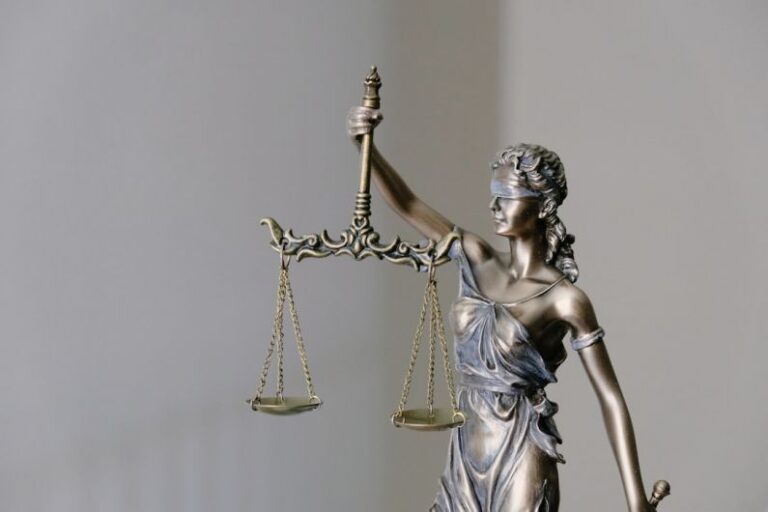
Dealing with problematic tenants can be a challenging aspect of being a landlord. Whether it’s late rent payments, property damage, or disruptive behavior, handling these situations requires tact and a strategic approach. In this article, we will explore effective ways to deal with problematic tenants to maintain a positive landlord-tenant relationship and protect your property investment.
Understanding the Root Cause
Before addressing any issues with a problematic tenant, it’s essential to understand the root cause of their behavior. Some tenants may be facing personal or financial difficulties that are impacting their ability to fulfill their obligations. By taking the time to communicate with the tenant and empathize with their situation, you can gain valuable insights that will inform your approach moving forward.
Open Communication
Effective communication is key to resolving conflicts with tenants. Approach the situation with an open mind and a willingness to listen to their concerns. Schedule a meeting to discuss the issues at hand and work together to find a mutually beneficial solution. By maintaining open lines of communication, you can prevent misunderstandings and build trust with your tenants.
Setting Clear Expectations
Setting clear expectations from the outset can help prevent issues from arising in the first place. Ensure that your lease agreement clearly outlines the rules and regulations regarding rent payments, property maintenance, and tenant conduct. By setting these expectations early on, you can hold tenants accountable for their actions and address any violations promptly.
Enforcing Lease Terms
If a tenant continues to violate the lease terms despite your best efforts to communicate and resolve the issue, you may need to take more decisive action. Enforcing lease terms, such as issuing warnings or initiating eviction proceedings, is a last resort but may be necessary to protect your property and uphold the terms of the lease agreement.
Seeking Legal Advice
In some cases, dealing with problematic tenants may require legal assistance. If you find yourself in a situation that you are unable to resolve on your own, consider seeking advice from a legal professional specializing in landlord-tenant law. They can provide guidance on the best course of action to take and help you navigate the legal complexities of the situation.
Maintaining Professionalism
While dealing with problematic tenants can be frustrating, it’s essential to maintain a professional demeanor throughout the process. Avoid getting emotionally involved in the situation and focus on finding a solution that is fair and reasonable for both parties. By approaching the situation with professionalism and respect, you can uphold your reputation as a landlord and protect your interests.
Conclusion: Protecting Your Investment
Dealing with problematic tenants is an inevitable part of being a landlord, but it doesn’t have to be a daunting task. By understanding the root cause of the issues, communicating openly with tenants, setting clear expectations, enforcing lease terms, seeking legal advice when necessary, and maintaining professionalism, you can effectively address problems and protect your property investment. Remember that each situation is unique, and finding the right approach may require patience and persistence. By approaching challenges with a proactive mindset and a willingness to find solutions, you can navigate difficult situations with confidence and ensure a positive landlord-tenant relationship.





